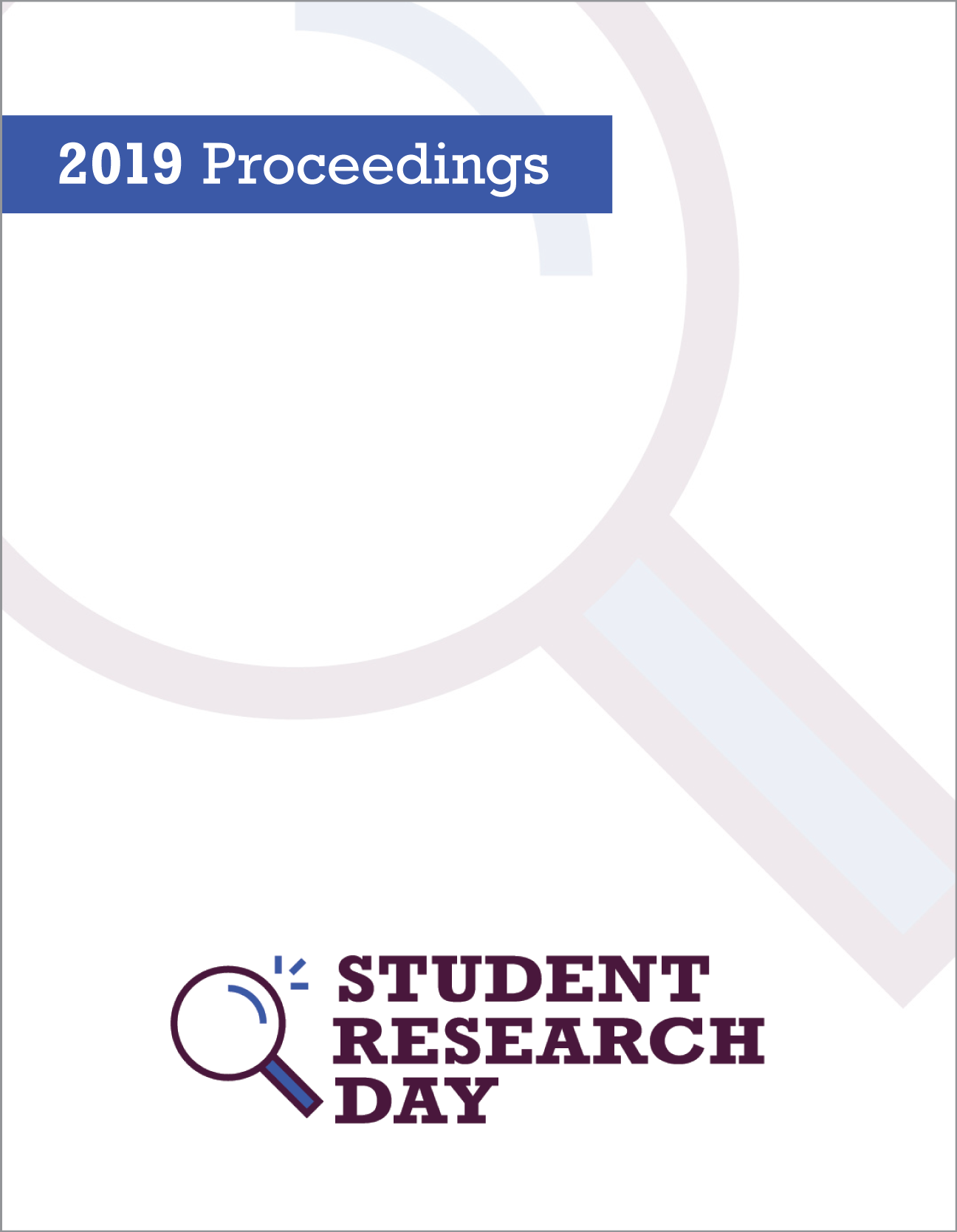Applying two anthropological theories to women's questions about menopause
Abstract
Several hundred women attended an evening information session that featured three didactic presentations dealing with aspects of menopause. To facilitate a question and answer period following the presentations, the audience was asked to write their questions on pieces of paper which were then collected so that representative questions could be answered. Almost two thirds of those present in the audiences were sufficiently invested in the topic to submit questions. At the conclusion of the conference all of the questions were collected and transcribed. The textual material consisting of 374 questions was examined from the perspective of two theories of anthropology. The set of questions were initially examined from a Functional perspective, a theoretical orientation that considers everything we do and our learned behaviors and ideas that are characteristic of a particular group, is to keep the its society functioning normally; taken as a whole the pragmatic nature of the dataset provided evidence of Functionalism. Ruth Benedict looked at the culture of a group or society as "a more or less consistent pattern of thought and action" - the theory of cultural anthropology; societies or groups "choose" features which become dominant traits of persons living within that society. The uniformity of the audience's questions can be viewed from Benedict's perspective as suggesting that culture plays a role in determining behaviour as women in Western society approach or reach the end of their reproductive lives. The menopausal syndrome can perhaps then even be viewed as a Culture Bound Syndrome.
Faculty Mentor: Jennifer Long
Department: Anthropology
References
Published
Issue
Section
License
Authors retain any and all existing copyright to works contributed to these proceedings.



